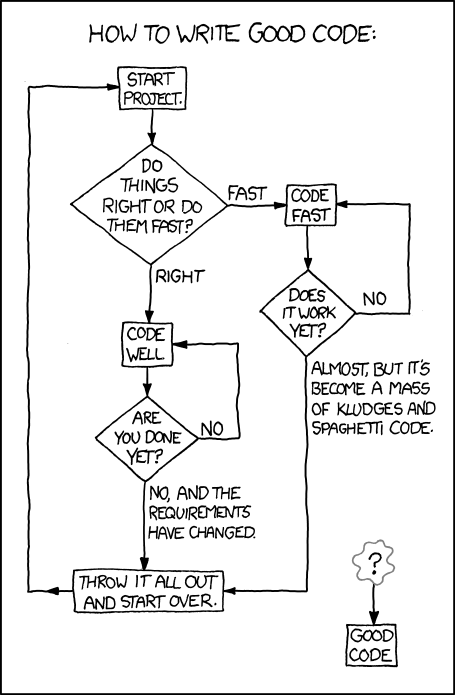The case of IPC Global Pty Ltd v Pavetest Pty Ltd (No 3) dealt with equipment used to test asphalt and construction materials, built by IPC, which included custom programming to enable the user to test said materials and view results. This piece of software was installed on the users' computer. Two individuals, Con Sinadinos and Alan Feeley, worked at IPC (with the latter working as a consultant as a part of Alueta). The pair then resigned from IPC in 2012, establishing a competitor company, Pavetest, which launched competing testing products. Mr Feeley had in his possessions copies of IPC's programs on his computer that he took with him when leaving IPC. He then provided them for a programmer who made copies of the programs, leaving some parts of the Pavetest identical to that of IPC's programs. IPC then took Pavetest (and the individuals) for, among other claims, copyright infringement and breach of confidence.
Although Justice Moshinsky had a wide array of issues to decide, focus for the purposes of this article will remain on the question: "...did Pavetest infringe copyright in the UTS software by the creation of version 1 of the TestLab software? In particular, did version 1 of the TestLab software reproduce a substantial part of the UTS software?"
After discussing, at length, the companies and the development of the two competing pieces of software, the court focussed on the matter of copyright infringement.
 |
| Original code? Nah... (Source: xkcd) |
The courts have developed a test to determine whether a computer program has been infringed, there is ‘the need for some process of qualitative abstraction of the material features of the computer program in question’, and the copying of those features in the potentially infringing program (i.e. of a program calculates figures based on data, the program features of the calculation would be more important than the aesthetic function of the same under this context).
While the respondent conceded that the code is a copyright protected work, that substantial parts of the code were copied (but not to the degree of being a substantial part under section 14), and that this was done on behalf of Pavetest with the authorization of the individuals above, the court still had to consider whether the copying was indeed substantial under the law.
Due to the coder working for Pavetest to be able to rewrite the code so as the new version didn't infringe IPC's copyright, there clearly was a wide margin of expression in how the code could be implemented, while still having the same functionality. The writing of the code therefore included a degree of choice and judgment, making the expression of that functionality original under copyright. While some parts of the code would not be essential, Justice Moshinsky still upheld that they were original works equally to those parts that were essential. Finally, the amount of code, albeit a small amount (roughly 10,000 lines of code from about 250,000 lines), the copying was substantial, according to the judge, due to its necessity to achieve the desired functionality, rather than just simply through a quantitive measure. Pavetest had subsequently infringed the rights in the code.
The case is a very interesting one, and highlights a need for anyone copying others' code (which seems to be an industry standard, albeit only in parts of programming) to be cautious, and to rewrite anything that could be deemed to be a substantial copying. Software creation is incredibly complex and difficult, and one can appreciate the adoption of shortcuts, but the courts will clearly combat any abuses of others copyright works, even if it's just 'meaningless' code.
Source: IP Whiteboard
No comments:
Post a Comment
All comments will be moderated before publication. Any messages that contain, among other things, irrelevant content, advertising, spam, or are otherwise against good taste, will not be published.
Please keep all messages to the topic and as relevant as possible.
Should your message have been removed in error or you would want to complain about a removal, please email any complaints to jani.ihalainen(at)gmail.com.